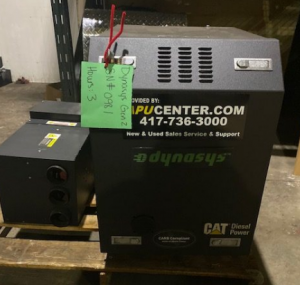How to Find a Trucking Job
The key to landing a trucking job is being prepared and knowing what to expect. Most often, truckers start the hiring process by speaking to a trucking recruiter. Recruiters frequently hire only for one company (the company they work for themselves), so it may be to your advantage to shop around and talk to a number of different recruiters to find the best company for you.
Next, never lie to a recruiter when seeking a trucking job. The truth will eventually come out any way. This may or may not involve disclosing information that may seem to work against you but truth is always the best policy. Also, recruiters will ask you for a variety of information, so be sure to have the following on hand:
A current, non-expired CDL with an accurate home address
Your work history for at least the last 3 years (some recruiters may want 5 or 10 years of history).
The names and contact information for all of your former employers.
Proof of your work history including old W2 tax forms, reference letters, or DOT numbers. This information will be especially helpful if any of the companies you worked for previously have since gone out of business.
A copy of your driving record or MVR
Proof of eligibility to work in the United States.
Homeland Security regulations require that all commercial truckers undergo a background check prior to being hired. This simply reflects the times in which we are living. Companies will be able to see a copy of your DAC report which will reveal previous driving jobs, any accidents in which you were involved, and notes of any problems with former employers.
If there is anything on your record that might be questionable, it is very important that you talk about this with the recruiter right away. It is much better to be professional and proactive upfront when discussing information that might be detrimental to you. Also, a potential employer is going to need to know about any incidents, or accidents, for at least the previous three years.
The demand for truckers is at times very high, and it is relatively easy for most qualified truckers to find steady work. Nevertheless, some researchers estimate that as many of 15% of drivers, even those with extensive experience fail to qualify when applying for a trucking position. Work hard towards your goal of driving for one of the big companies and you may find the payoff to be huge. If you are a truck driver you will find that your trips will be much more fuel efficient with an auxiliary power unit. We sell these and we offer auxiliary power maintenance too.








